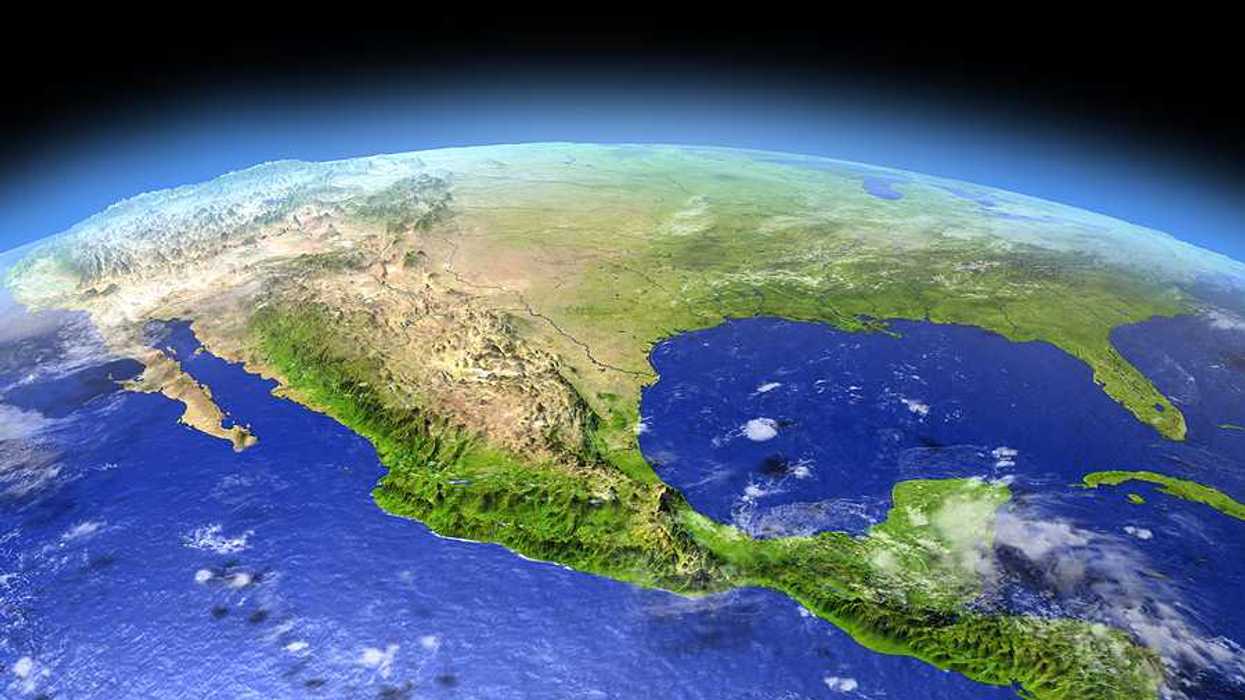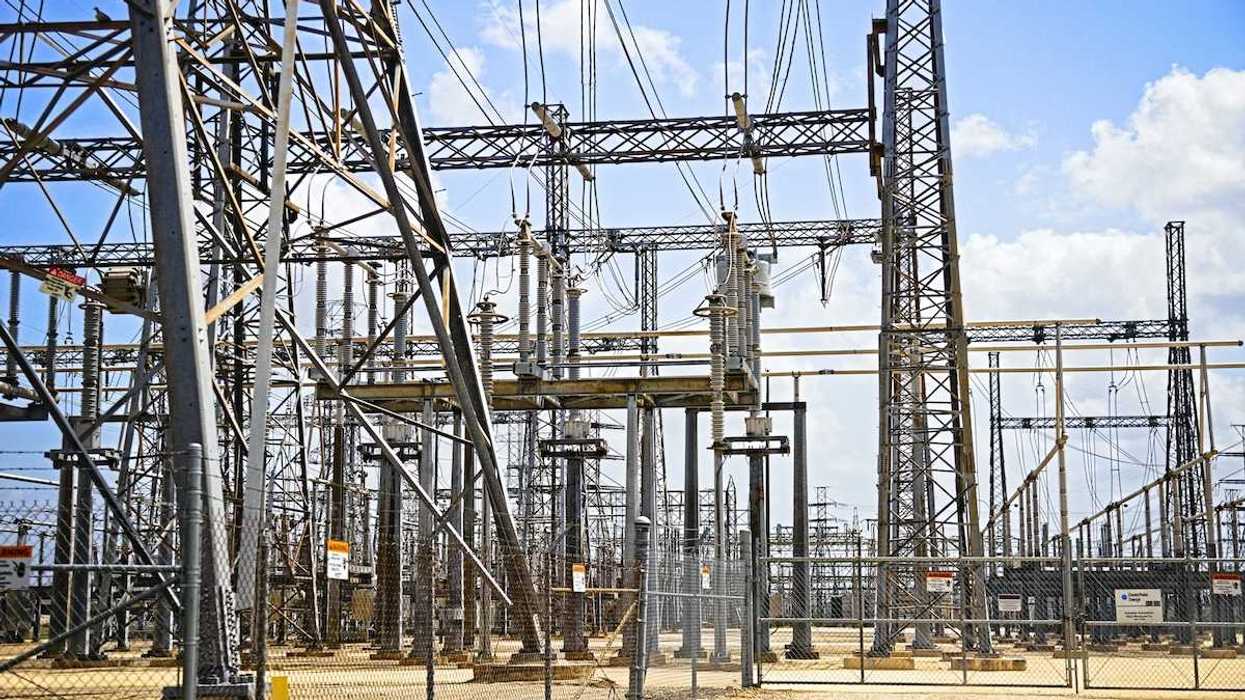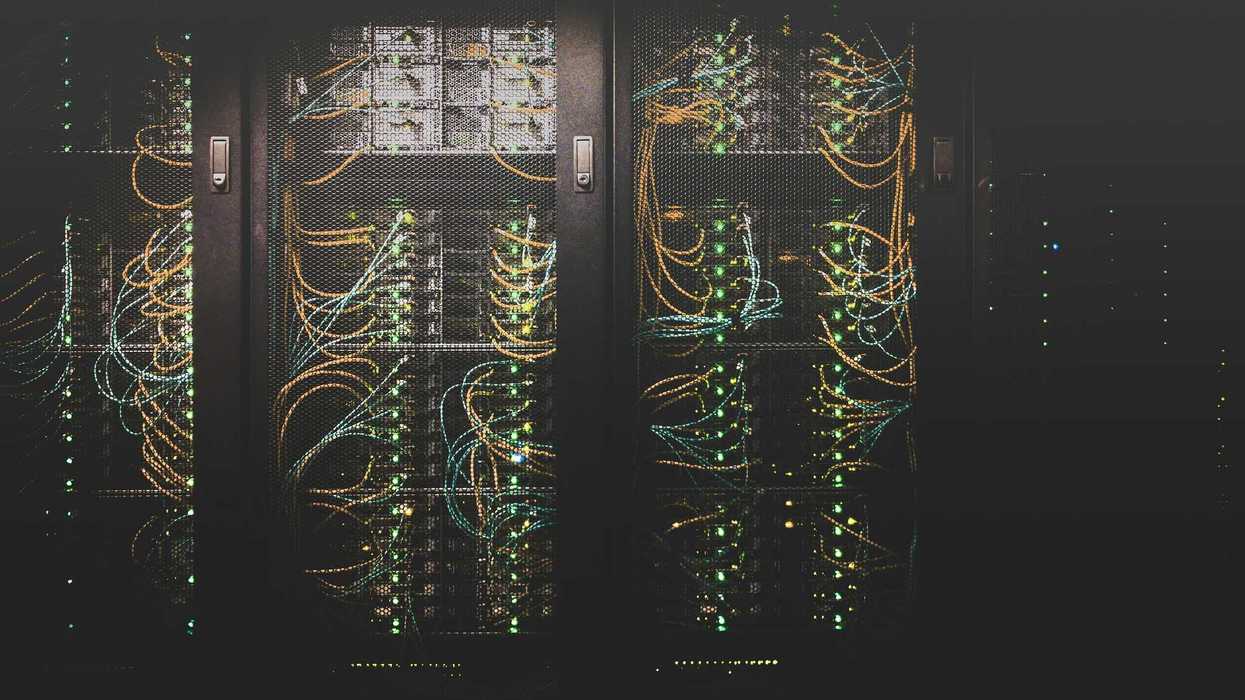Deep divisions over the scope of action—whether to curb plastic production or improve waste management—have stalled the completion of a global treaty on plastic pollution until 2025.
Steve Curwood reports for Living on Earth.
In short:
- The fifth session of UN plastic treaty negotiations in Busan, South Korea, ended without a finalized agreement, postponing discussions until 2025.
- Major disputes include whether to reduce plastic production or focus solely on improving waste management.
- Fossil fuel producers and waste management advocates clash with over 100 countries pushing for curbs on plastic production.
Key quote:
“ ... plastics are absolutely everywhere in the environment and in our bodies. So, the health effects range from cancers, Alzheimer's disease of microplastics in the brain, or stroke.”
— Maria Ivanova, director of Northeastern University’s School of Public Policy and Urban Affairs
Why this matters:
Plastic pollution is pervasive, affecting human health and ecosystems worldwide. Microplastics have been found in human organs and remote environments, raising concerns about diseases linked to plastic chemicals. A delayed treaty prolongs the lack of coordinated global action.
Read EHN coverage:














